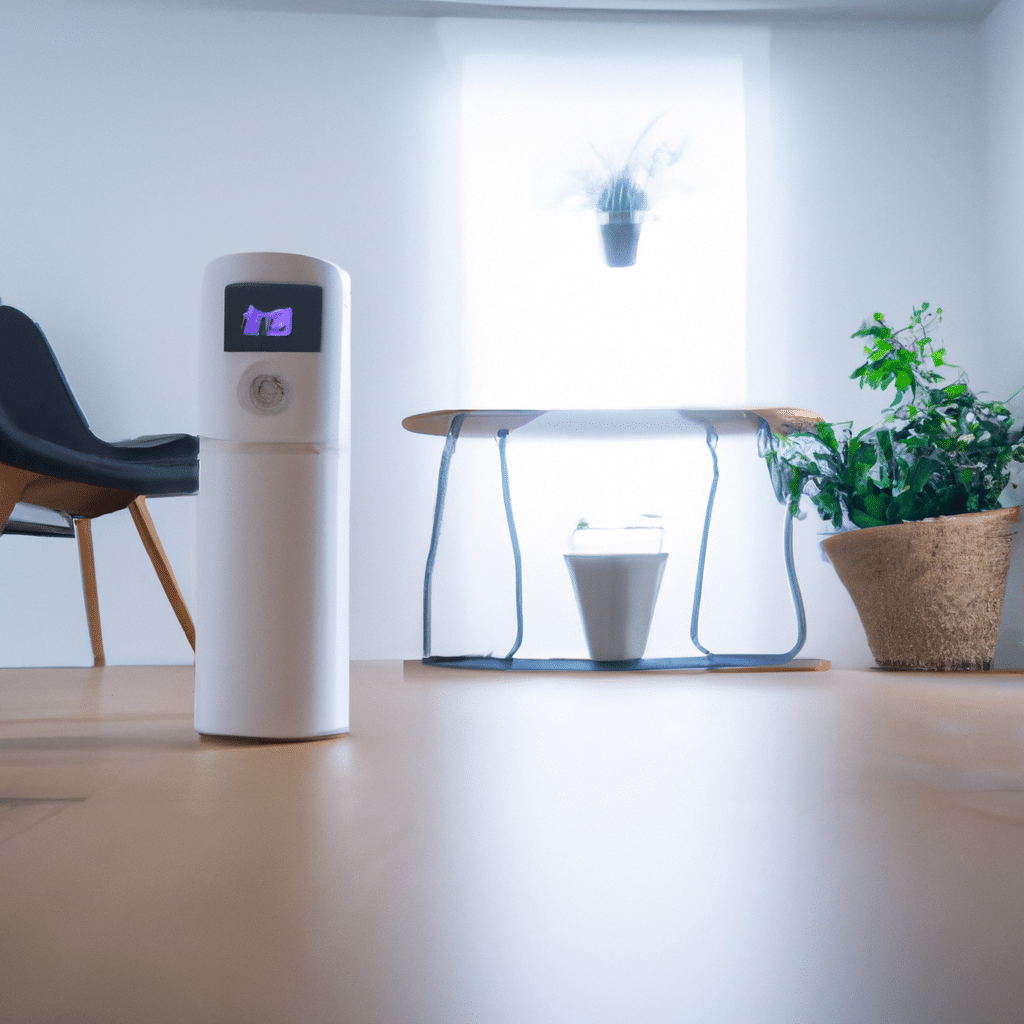Will Artificial Intelligence Take Over Human Jobs?
Artificial Intelligence (AI) is going to be a very interesting thing to watch in the coming years. The ability of machines to learn, improve, and create is sure to bring about some great new opportunities and changes in the world. However, will this new technology take over the jobs of human workers? Here are some things to keep in mind as you consider this question.
Robotics will increase output and economic expansion
Robotics are a critical piece of the future for manufacturing and a key factor in boosting productivity and economic expansion. This is because robotics enhance overall process effectiveness and reliability. They also provide a more flexible and productive environment. In addition, robots reduce the amount of time that people spend in repetitive tasks.
One of the most important reasons for adopting industrial robotics is the high cost of manual labour. By automating a number of tasks, robots allow employees to focus on higher value-added activities, reducing costs and improving efficiency.
Automation technology is expected to decrease total waste in the manufacturing chain. It will also increase worker health and safety. Ultimately, it will allow for faster and more efficient returns on investment.
The automotive industry has adopted robotics at a faster rate than other sectors. Automotive robots can be used in a variety of tasks, including cutting materials, installing pumps at high speeds, and cutting plastic mouldings.
Using robots also frees up human workers in other industrial fields. As a result, the automotive industry has employed more robots than other sectors.
The automotive industry is one of the most automated production chains in the world. Moreover, the use of robotics will reshape global supply chains.
Aside from the automotive industry, other industries that are using robotics include electronics and chemicals. These sectors employ just over 10% of the robotics workforce in the U.S.
Some of the most prominent applications of robotics in the manufacturing sector are assembly, material handling, welding, inspection, and other miscellaneous applications. Software and sensor technology are continually enhancing robotics applications in the manufacturing industry.
However, even as robots continue to improve, many companies depend on ingenuity, personality, and other aspects of human interaction. Those who are working in retail, construction, and other personal services are among the most likely to be affected by robotics.
Although robots are replacing humans in a variety of jobs, many of them still require people to be present for machinery maintenance, product adjustment, and system management. Despite these challenges, the robotics revolution will create a more flexible and reliable environment for production.
AI will disrupt sales and marketing
With advancements in AI, sales and marketing are going to be radically changed in the next few years. While the technology may not completely replace sales reps, it can greatly improve the way the profession operates. In addition to helping salespeople be more effective, it can also be used to make the buying process easier for customers.
In the past, sales reps have relied on intuition to make their numbers. But with advancements in AI, they can now be guided by data. This means they will be able to focus on more meaningful work. They will be able to learn more about their customers and better understand how they buy.
Machine learning can provide insights about a buyer’s behavior. AI can predict how much of a purchase a person is likely to make, as well as how they will react to a particular offer. When applied to a sales campaign, it can be used to determine how to personalize messaging and offer more appropriate content.
As AI becomes more advanced, it can be used to make more accurate predictions about sales. It can also be used to monitor the activity of potential buyers in real time. A lot of consumer data is unstructured and can be used by AI to find patterns and anomalies.
The technology has already started to reshape the industry. While it will not replace the human element entirely, it will create a new kind of target market for sales organizations.
While there is no single AI solution that will be best for every company, a few key technologies stand out. These include intelligent automation, machine learning, and predictive analytics.
One example is ConversationAI, a sales tool that uses AI to analyze customer conversations and scores calls based on the best practices. By using ConversationAI, a salesperson can free up their time to do more valuable work.
Another important tool is a recommendation engine. These are helpful tools that can be incorporated into websites and help the user find what they are looking for more efficiently. Some businesses are even using these types of systems to better understand their customers and recommend products.
AI will create 97 million new jobs by 2025
The World Economic Forum’s Future of Jobs report predicts that artificial intelligence will create 97 million new jobs by 2025. This may sound like an overstatement, but AI is already beginning to replace many jobs and some industries will be hit hardest.
According to the report, a few of the most popular jobs that are being replaced include warehouse workers, sales agents, accountants, and business service managers. Each of these occupations will become more and more unnecessary in four years.
Aside from replacing jobs, AI will also free up workers from mundane, repetitive tasks, giving them more time to devote to more complex projects. In addition, robotics will help companies increase their output, thereby increasing economic growth.
Another way that AI will enhance productivity is by improving collaboration between humans and robots. Companies need a variety of employees to support their AI initiatives. Some jobs, such as data scientists and machine learning engineers, will require advanced degrees.
Artificial intelligence is expected to have a much larger impact on the economy than the internet, according to some experts. The industry is growing rapidly and creating millions of new jobs. However, it will also be replacing millions of existing jobs.
As the AI technology continues to advance, it is becoming increasingly accessible. It will help companies scale up and become more efficient, as well as open up new job opportunities.
While some experts say that it will replace 30% of all jobs by 2030, there are still a few jobs that will require human intervention. One of the most notable applications of AI is the use of AI to analyze data. These systems will be able to learn from a smaller number of data points, such as social media posts and email messages.
In order to make the most of AI, businesses will need to provide resources to their workforces for upskilling and training. They will also need to be aware of the possible impact that AI will have on hiring and training processes.
The technology is also set to improve customer service, as well as increase the GDP of local economies. In fact, according to PwC, global GDP will rise by 26 percent due to AI by 2030.
AI won’t replace all jobs
It’s no secret that AI will change the face of work. The ability to automate tasks will help free humans from monotonous, repetitive labor, but not all jobs will be eliminated.
Jobs that rely on human-to-human interaction will remain in demand. These include writing, teaching, and social work.
Jobs that require a lot of creative thinking or strategic interpretation will also continue to require human workers. These jobs will be replaced by AI in the future, but not immediately.
Robotics will provide new job opportunities. They will allow humans to focus on more complex, interactive tasks. This is good news, but it’s important to remember that they will also require qualified experts to program and maintain.
In addition to the creation of new jobs, AI will be used to improve the quality of service and collaboration. Some industries will benefit, while others will be negatively affected. Those who adapt to the new technology will see the biggest gains.
Although the technology is still in its infancy, many of the best AI systems are already capable of performing human tasks. A few examples of this include natural language processing, voice recognition, and recognizing things in pictures.
Despite what some advocates say, AI will not replace all jobs. There are certain jobs that it will be impossible for machines to do. Among these are caring for the elderly and the infirm, complex political work, and empathic roles.
One of the most difficult tasks for machines to replicate is the human brain. As robots and AI are developed, they will have to be improved to match the complexity of the human brain.
One of the greatest worries about AI is the threat to employment. However, some believe that the AI revolution will create more employment opportunities than it destroys.
One way to determine whether a computer can think like a human is the Turing Test. Developed by mathematician Alan Turing, this test requires a computer to pass a series of tests based on how well it can perform basic human functions.
Another study has suggested that at least 30% of all jobs will be automated by 2030.













